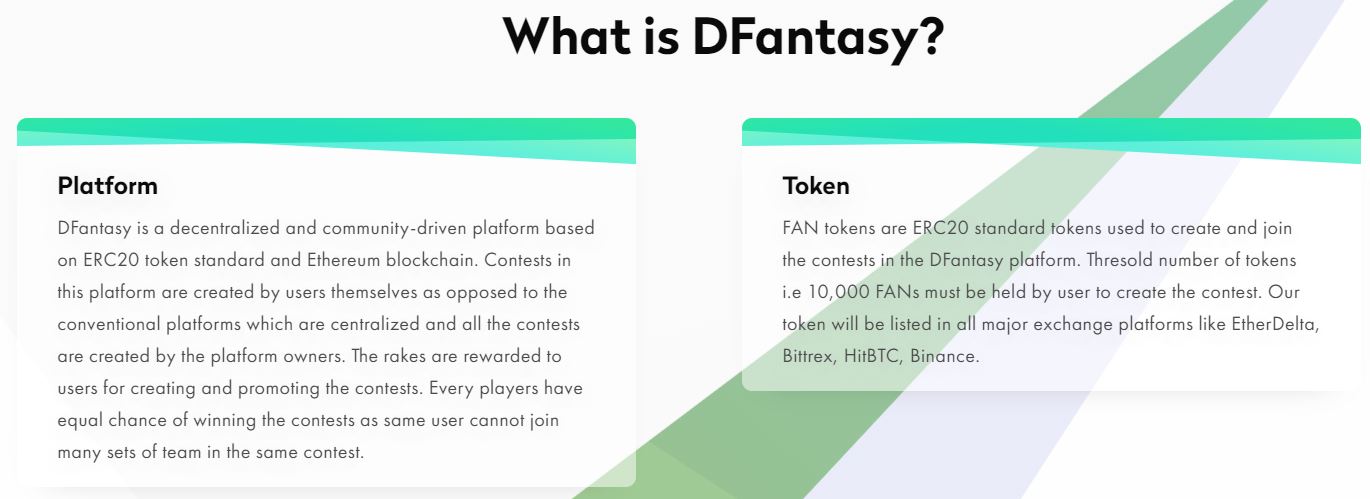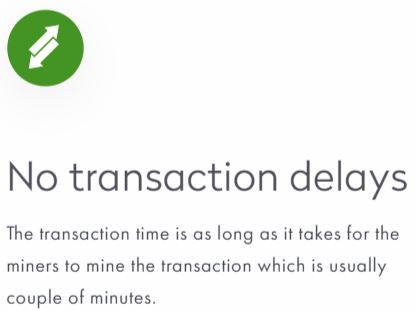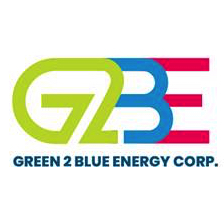ePlay Digital Inc (CSE: EPY) recently announced its foray in to that of crypto currencies, through a letter of intent issued on November 8, 2017. The letter of intent is with that of ThinkTank Labs, a company planning on issuing an initial coin offering for a crypto currency geared towards fantasy sports leagues. Five days later it then reaffirmed this market move, by announcing that it would become involved in a second crypto currency, this time related to that of marijuana.
ePlay Digital is certainly not the first public company to announce their intentions to capitalize on the crypto currency craze. Of all the latest announcements related to cryptos and altcoins, they certainly appear to be able to provide a higher likelihood of actually getting a coin developed. This is based on their current experience in online technologies, and the fact that they are a tech company. This fact alone puts it near the front of the herd.
However, as disciplined investors we need a few answers first. Lets take a look at this letter of intent that ePlay Digital signed with dFantasy.
ePlay Digitals Letter of Intent with ThinkTank Labs
Within the letter of intent, it was defined that ePlay Digital’s subsidiary, Mobovivo had “agreed to co-develop a blockchain-powered Initial Coin Offering.” As part of this co-development, the company would be responsible for advising, developing, and marketing a blockchain token. The focus of the token itself is that of “sports games”.

Although ThinkTank Labs is not a public company, it intends to launch an ICO, or initial coin offering. Similar to an initial public offering, the idea behind an ICO is that it is a specific crypto currency or “altcoin” that has been developed by a company. It then adds value to this coin in similar means to how a company adds value to its common stock for its shareholders. The coin is then made available for trading on online exchanges.
The income from this offering is then intended to provide the required funding for the development of dFantasy. dFantasy is a new game that is focused around fantasy sports betting. However, instead of betting cash users will instead bet with the coin that has been developed jointly by ePlay Digital and ThinkTank Labs. This will allow for quicker verification times, remove the need of a credit card, and make it available for players globally.
The Initial Coin Offering
Further to this letter of intent, on November 29 the date of the ICO was announced. It is planned that the initial coin offering for this joint agreement would begin on December 1, 2017. It also provided a link to the white paper for the launch. For those that are unaware, a white paper essentially outlines the purpose of a coin in the field of crypto currencies.

Within the release it also detailed the companies future plans for the coin. Essentially, it intends to provide services for a “FAN” of sports. Thus, the coin itself is appropriately named as such. The white paper itself can be found here.
The White Paper
Looking to gather more information on dFantasy, we dove in to the white paper via the link provided in the latest news release. The venture focused on dFantasy can be summarized by this screenshot from the companys website:

The gist of it is that the platform will be community driven. All contests and leagues will be entered by the users themselves, wherein they will create their own fantasy teams. The token used as a currency will be FAN, which will be available for trading on a few coin exchanges. It appears that the platform will essentially be used as a method of gambling to acquire more tokens.

Next, we stumbled upon the above screenshot. From this point on, several questions arose. However, they were not specific to dFantasy, or even ePlay Digital, although these questions certainly apply. As a whole, they pertain to this crypto currency rush in general. So, we did some research on the matter.
The Potential Issue with the Blockhain Craze
The purpose of blockchain itself is that it acts as a means of decentralizing information. Whether that be in the form of a currency or other data. The decentralized nature of it provides additional layers of security, in that it is very difficult to hack.
In order for this information to flow, the use of “miners” or “mines” is required. These miners register all the transactions that occur for the information. However, rather than one individual verifying the data, several miners verify the data. Once a set amount of data has been verified, it is then placed in a “block” which is then linked together – thus forming a “blockchain”. In exchange for performing this mining, miners are rewarded with currency in the form of the coin they are doing the mining for.
Here’s a much better description of the process in the form of an infographic, provided from this source.

This inherently makes it very difficult to hack. If the data in a previous block is modified, it will not match the data provided by the other miners in the system. This in turn makes it extremely difficult to hack in that you would have to change all the chains to match the chain with the modified data. This is the reason why blockchain is considered to be extremely secure in comparison to centralized data.
Thus, miners are required to create a blockchain. This is where our issue lies.
Who is mining these coins?
At the core of our concern, is one simple question: who is mining these altcoins? The latest data provided by coinmarketcap.com indicates that there are approximately 1,324 different coins at this point in time. Volume wise, Bitcoin accounts for 48% of all blockchain transactions. Ethereum and Bitcoin Cash trail this at approximately 10% of total volume each. In total, the top ten most active coins accounted for 89.57% of the volume in the sector as of the time of writing.
Thus, who is mining the smaller coins? That leaves a minimum of 1,314 coins to be dealt with by the remaining 10% of volume available. This number is growing fast, as a result of new coins coming online each day. And it will only increase in speed with the attention being given to the sector right now.
This is a serious consideration that needs to be addressed by investors flooding in to the market.
Without miners, blockchain itself can not occur. And with so many options, what specifically would make a miner spend their money on equipment to mine your coin? What is the draw? New coins are late to be established in the industry and thus have no first mover advantage. There are few markets that will trade them, thereby making it difficult for miners to extract the funds received for mining your coin. And although a new coin may be low in difficulty to mine relative to that of the ten largest coins, it still needs to set itself apart from the hundreds of other coins existing and coming to market each day.
Closing Statements
ePlay Digital is the latest stock to be taken away by the craze that is blockchain. It is certainly ahead of its peers in the sense that it was originally a technology company. Thus, this is a natural stepping stone for them, unlike for others claiming to be in the sector. Furthermore, the initial launch of their co-developed coin is days away. This is excellent for investors who stand to benefit from the success of this coin and platform.
However, we question the value of the coin itself. Based on what they have proposed within their white paper, any presently existing coin could essentially serve the same purpose. It is used as a placeholder for fiat currency, which is the purpose behind all crypto currencies.
Rather, the purpose of the coin is really to provide monetary value to the company itself through holding a percentage of this currency. Therefore, they are stuck with the task of describing to miners why their coin is better than the one that came online yesterday, or tomorrow, or any other day of the year. Unlike a public company that has to describe its value to investors with funds, these companies have to sway a relatively small pool of miners, who have expensive equipment to mine coins.
Blockchain in itself is excellent technology. It has unprecedented security built in to it, and the fact that it is decentralized is alluring to many individuals. There’s no question about that. However, it requires certain equipment in order for the process to work. Without it, there is nothing.
Consider the big picture. Ask questions. Dive deep.
Information for this analysis was found via The CSE, CoinMarketCap, ePlay Digital, dFantasy and Blockgeeks. The author has no securities or affiliations related to this organization. Not a recommendation to buy or sell. Always do additional research and consult a professional before purchasing a security.
As an aside, we recently became an affiliate of Questrade. If you’re currently looking for a new low cost broker, with an excellent charting program, look no further. If you sign up through this link, they’ll also provide you with $50 worth of free trades, and I’ll make a couple bucks on the deal to help support further deep dives.









